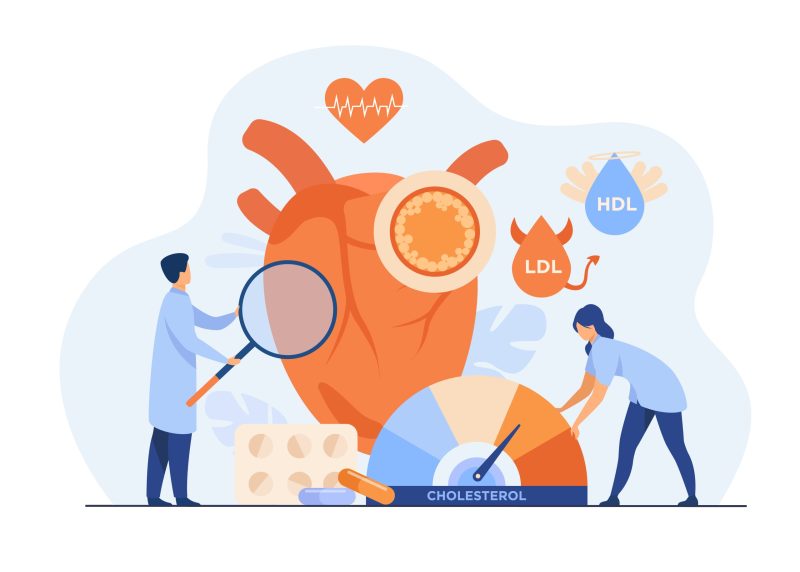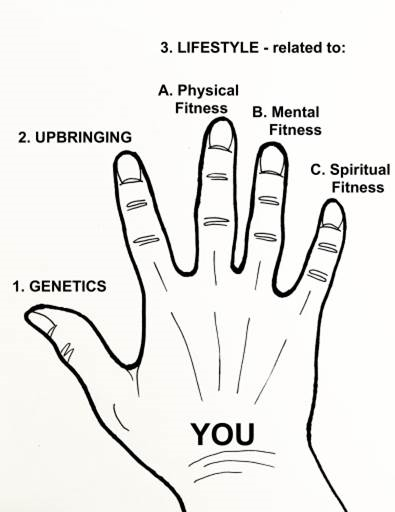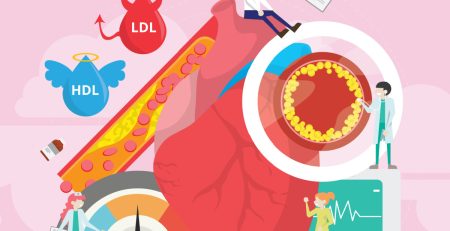How to Snack Smart Before Bed
Late-Night Snacking: A Balanced Perspective on a Popular Habit
Late-night snacking often carries a negative reputation, but it isn’t always bad. For many, the urge to snack after dinner stems from genuine hunger, stress, or simply habit. While it’s easy to label nighttime snacking as unhealthy, the truth is more nuanced. The impact of late-night eating depends on the type of food you choose, your overall dietary habits, and your health goals.
Why Do We Snack at Night?
Nighttime snacking can arise for various reasons:
- Hunger: If your meals during the day are unbalanced or insufficient, your body may signal for more calories later in the evening.
- Stress or boredom: Emotional triggers often lead to reaching for comfort foods.
- Irregular eating patterns: Skipping meals or eating late lunches can shift your hunger cues to nighttime.
Understanding the root cause of your late-night snacking can help you make healthier choices and reduce unnecessary eating.
Healthy Late-Night Snack Options
When hunger strikes late at night, choosing nutrient-dense snacks can benefit your health without compromising your sleep or weight management goals. Here are some healthy late-night snack ideas:
- Cherries: Packed with melatonin, cherries promote better sleep while satisfying a sweet craving.
- Nuts: High in healthy fats, protein, and melatonin, nuts like pistachios and walnuts are a heart-healthy option.
- Greek Yogurt: Rich in protein and probiotics, Greek yogurt is a gut-friendly, satisfying choice.
- Cheese and Crackers: Opt for hard cheeses like cheddar or Gouda paired with whole-grain crackers for a balanced mix of fiber and protein.
- Popcorn: Air-popped popcorn is low in calories and can be flavored with seasonings like paprika or nutritional yeast.
- Pumpkin Seeds: These are rich in tryptophan, an amino acid that supports restful sleep.
- Cottage Cheese: Packed with protein and calcium, it can be paired with fruits or nuts for added flavor.
- Hard-Boiled Eggs: A simple, portable snack high in protein and tryptophan.
- Vegetables and Hummus: A great way to boost vegetable intake while enjoying hummus for added protein and flavor.
- Trail Mix: Make your own with nuts, seeds, and dried cherries for a melatonin-rich, energy-boosting treat.
- Smoothies: Blend whole fruits, nut butters, and leafy greens for a nutrient-packed drink.
- Turkey: A small portion of turkey contains tryptophan, which encourages sleepiness and provides satisfying protein.
Foods to Avoid Before Bed
Not all snacks are created equal, and some can disrupt sleep or digestion:
- Caffeinated foods and drinks: Coffee, tea, and chocolate can keep you awake if consumed within six hours of bedtime.
- Spicy foods: These can trigger acid reflux and increase body temperature, leading to poor sleep quality.
- Sugary snacks: High-sugar foods can spike blood sugar levels, followed by a crash that might disturb your rest.
The Pros and Cons of Late-Night Snacking
Potential Cons:
Research suggests that eating late at night may lead to weight gain or metabolic disruptions, especially if snacks are calorie-dense or unbalanced. For some, it may also interfere with sleep quality.
Potential Pros:
Not all late-night snacking is detrimental. Studies indicate that small, nutrient-rich snacks can improve metabolic health, enhance sleep quality, and even aid in muscle recovery, particularly if they contain protein or healthy carbohydrates.
How to Break the Habit of Unnecessary Nighttime Snacking
If you’re looking to reduce or eliminate late-night snacking, consider these strategies:
- Maintain a consistent eating schedule: Regular, balanced meals can prevent evening hunger.
- Choose nutrient-dense foods during the day: Ensure your meals include whole grains, lean proteins, and healthy fats.
- Manage stress: Practice mindfulness, yoga, or meditation to address emotional triggers.
- Avoid ultra-processed foods: Keep tempting items like chips or cookies out of easy reach.
The Bottom Line
Late-night snacking doesn’t have to derail your health goals. By choosing nutrient-dense options and avoiding foods that disrupt sleep or digestion, you can satisfy your hunger and even support better rest. If snacking at night becomes a regular habit, consider adjusting your daytime meals to ensure you’re getting the nutrients you need throughout the day. With mindful choices and a balanced approach, late-night snacking can be part of a healthy lifestyle.










